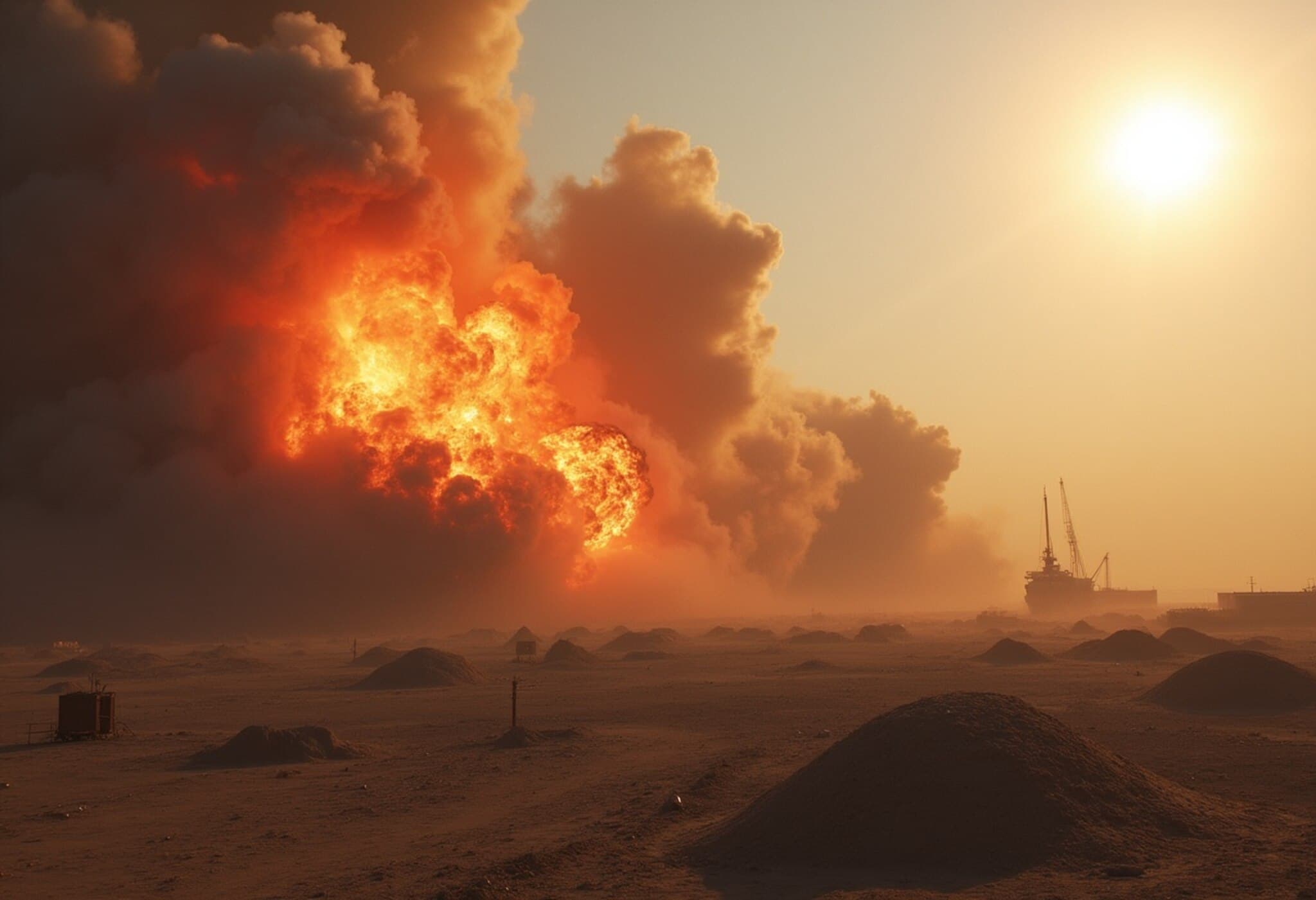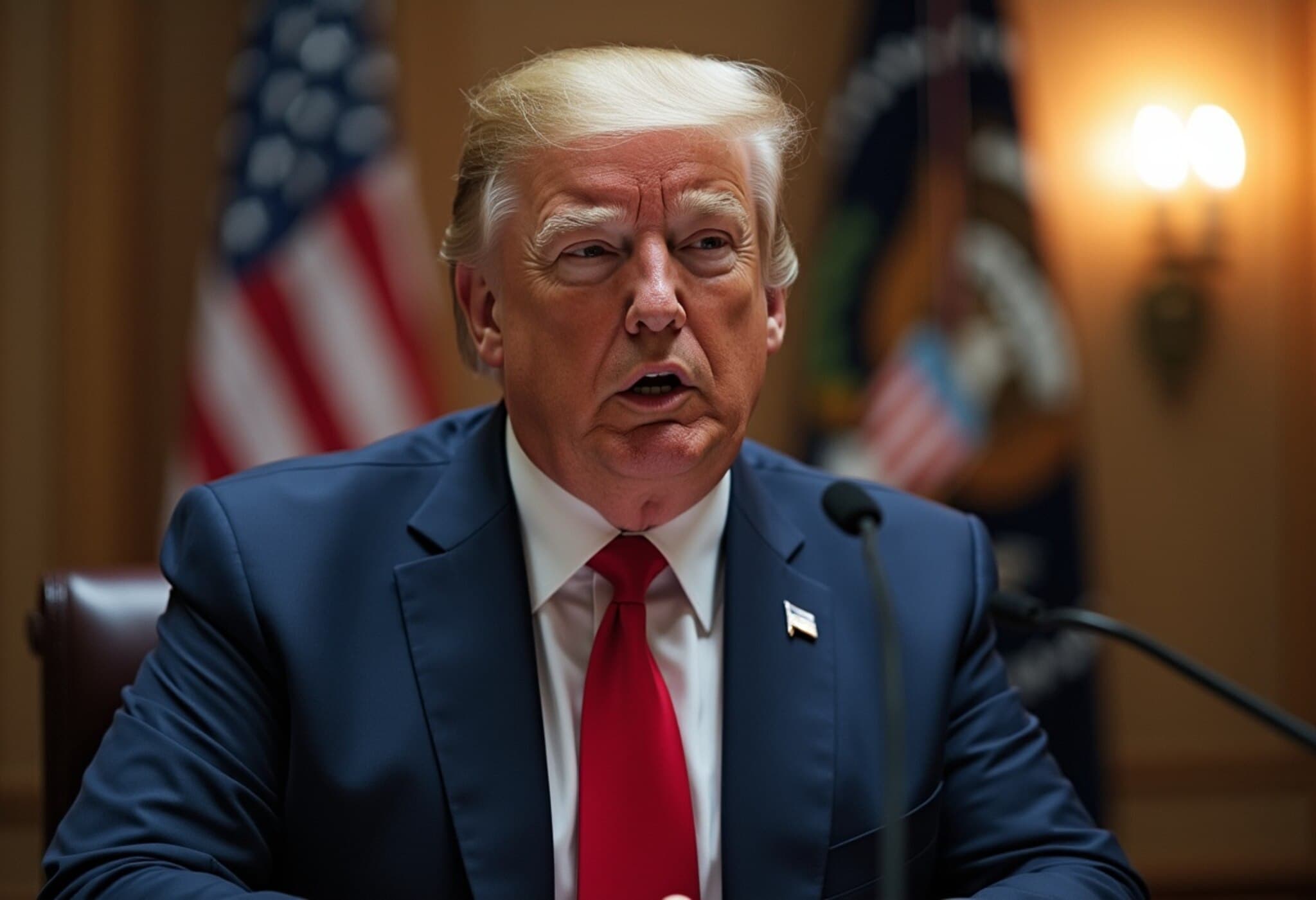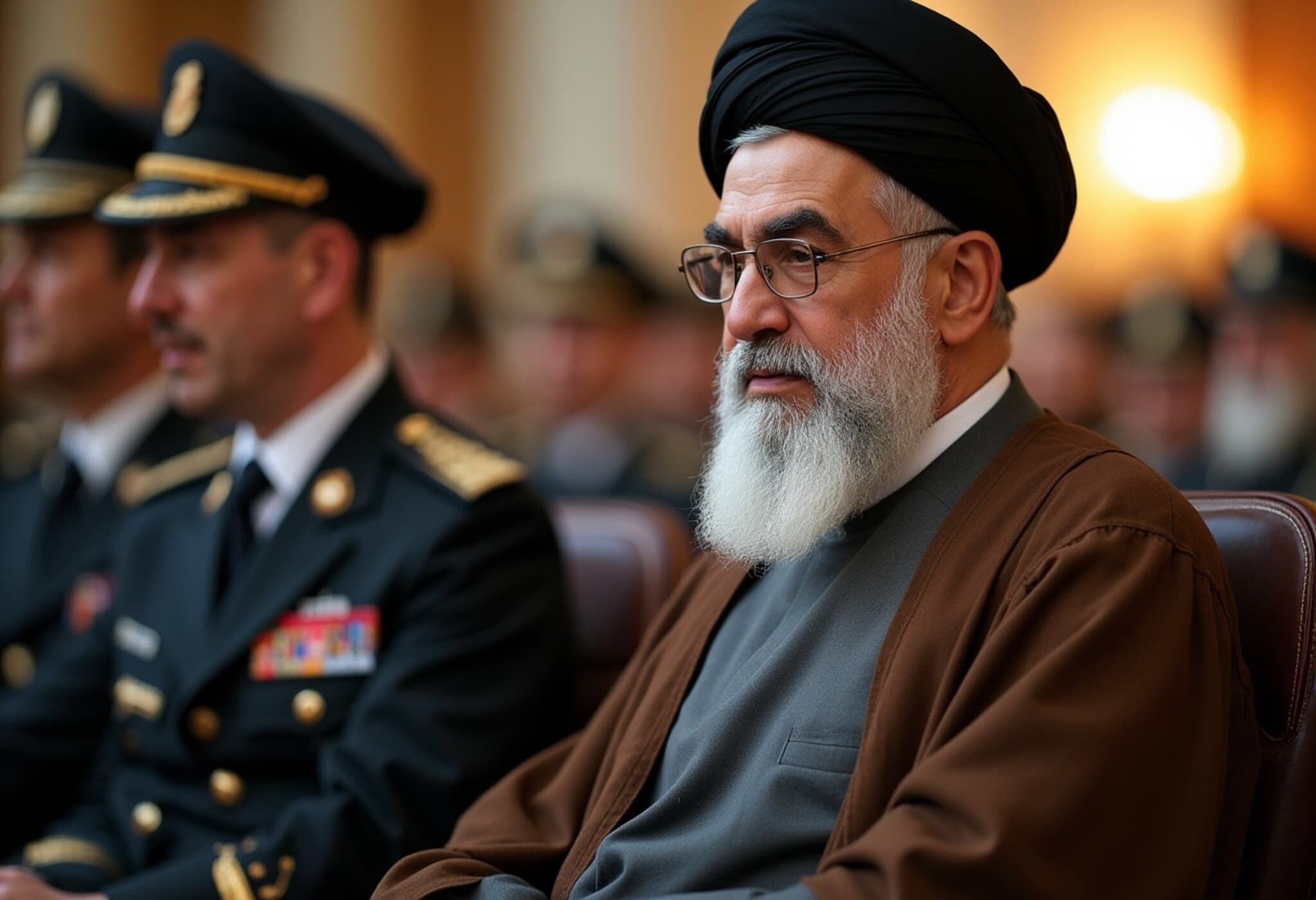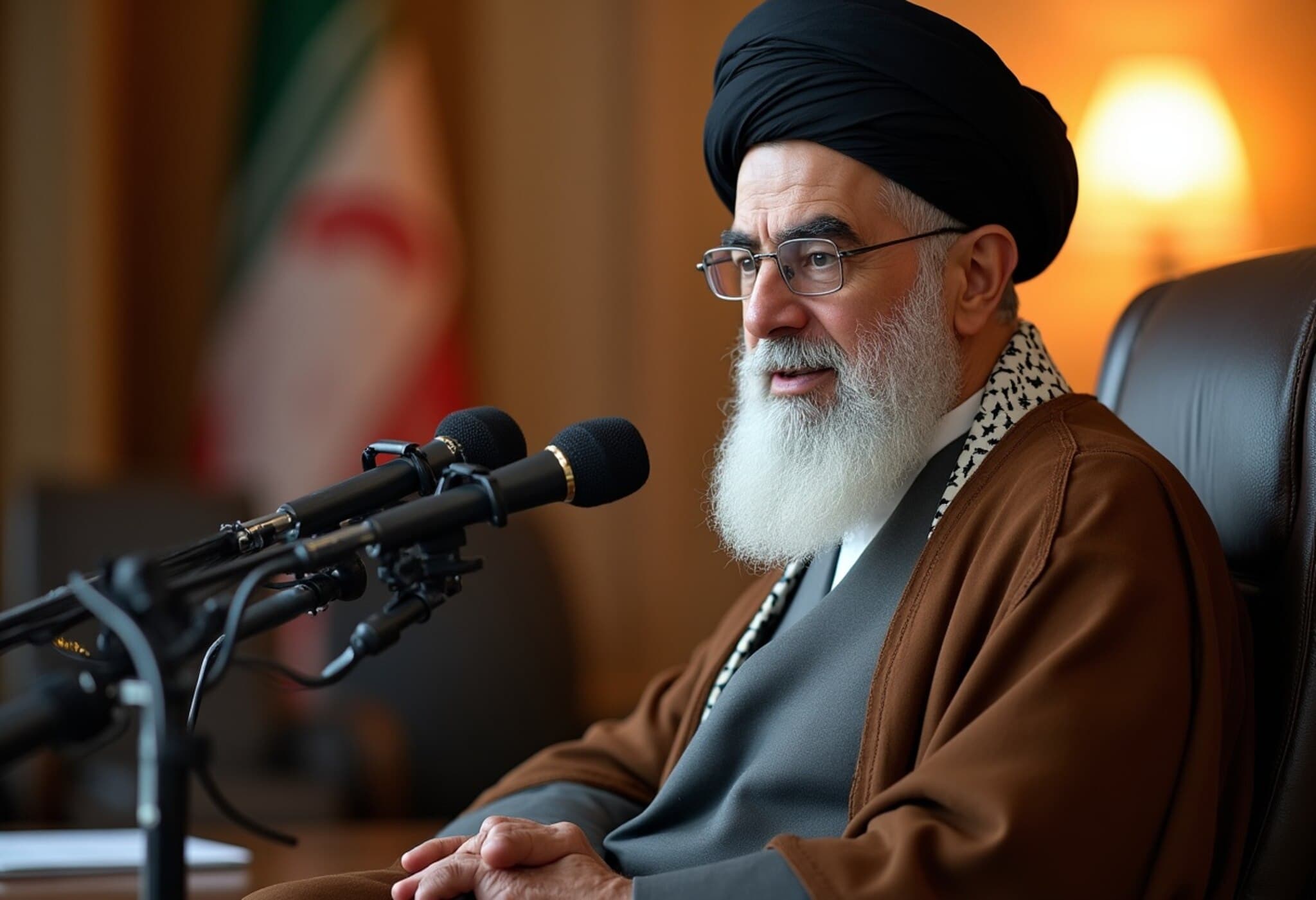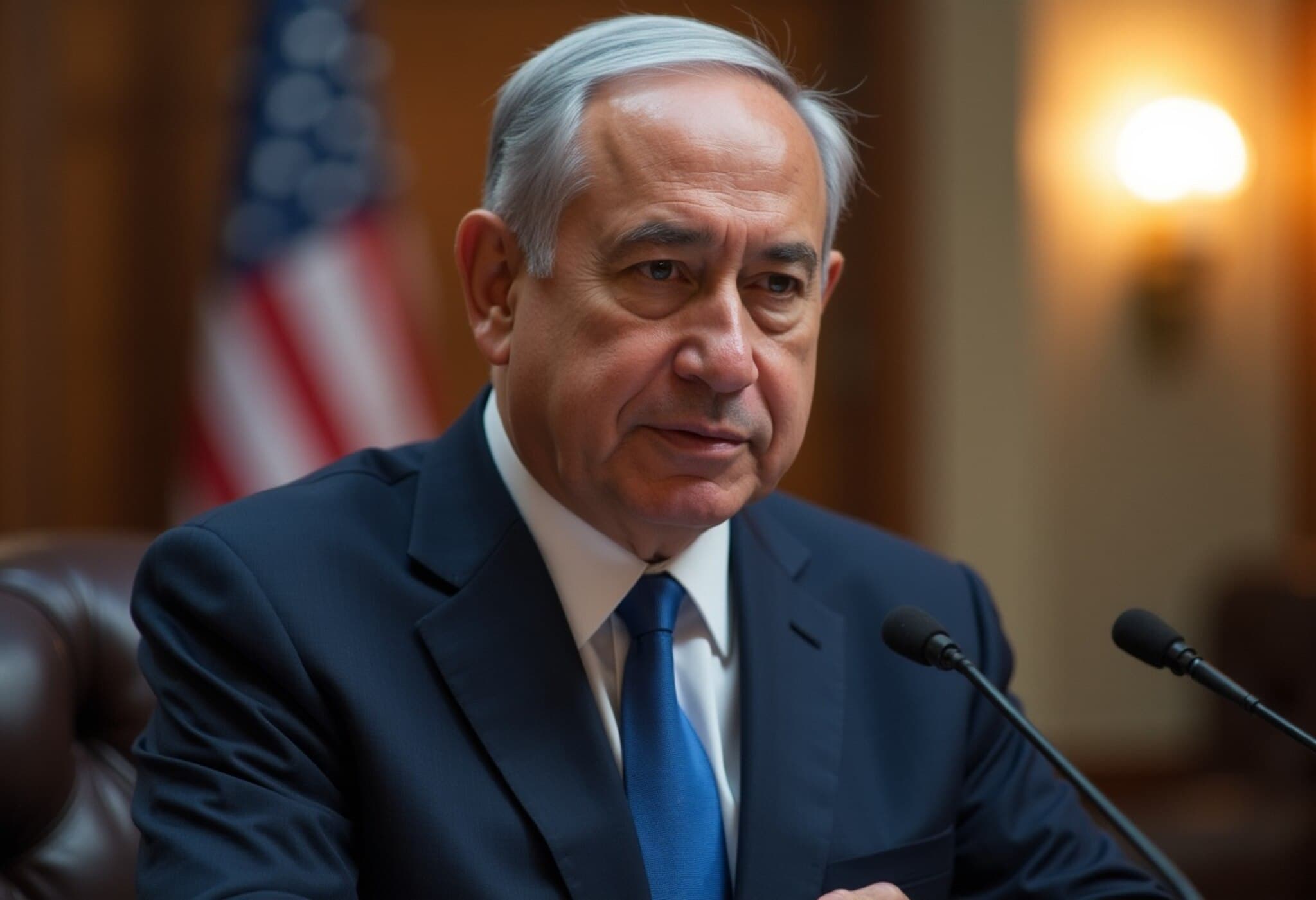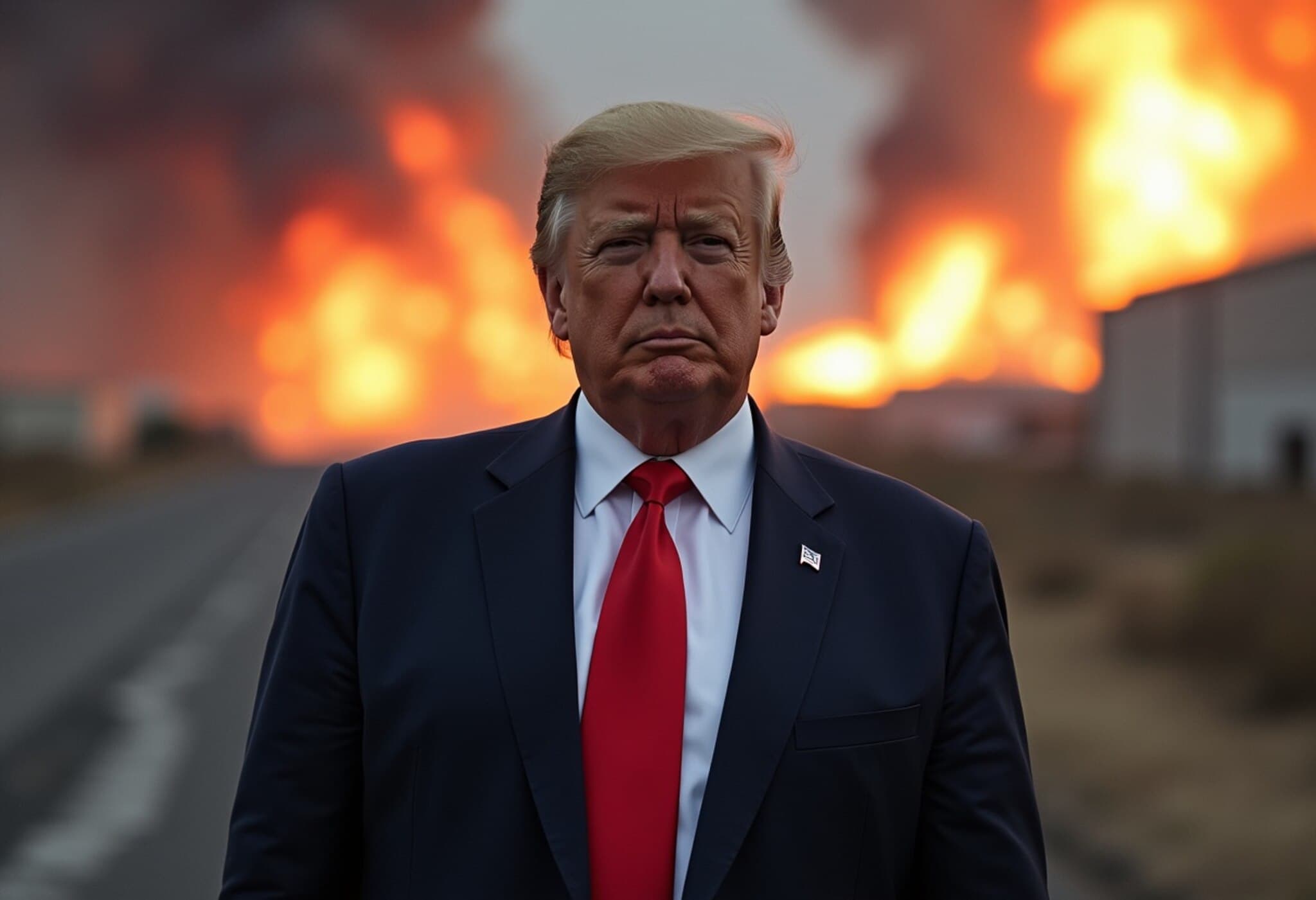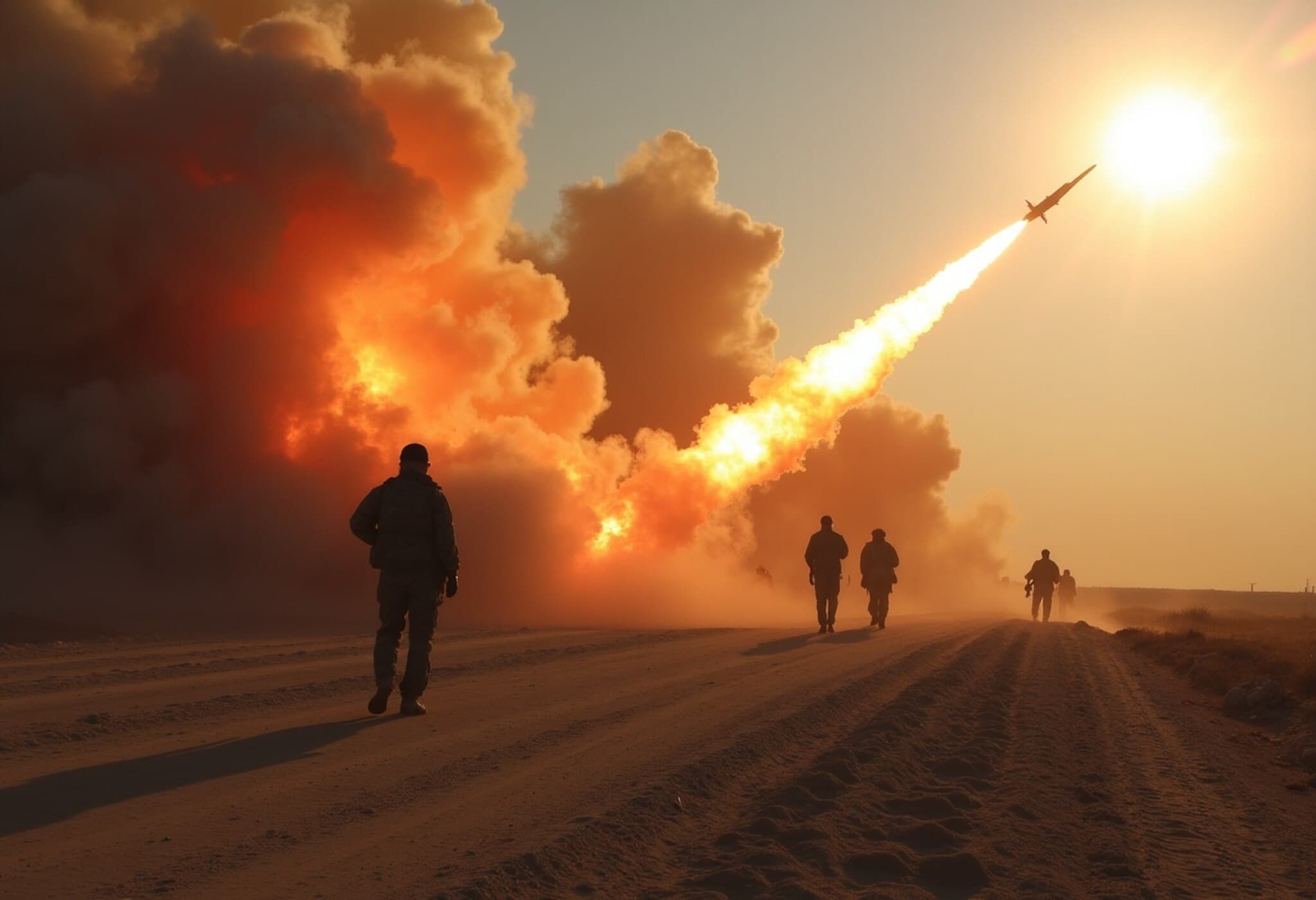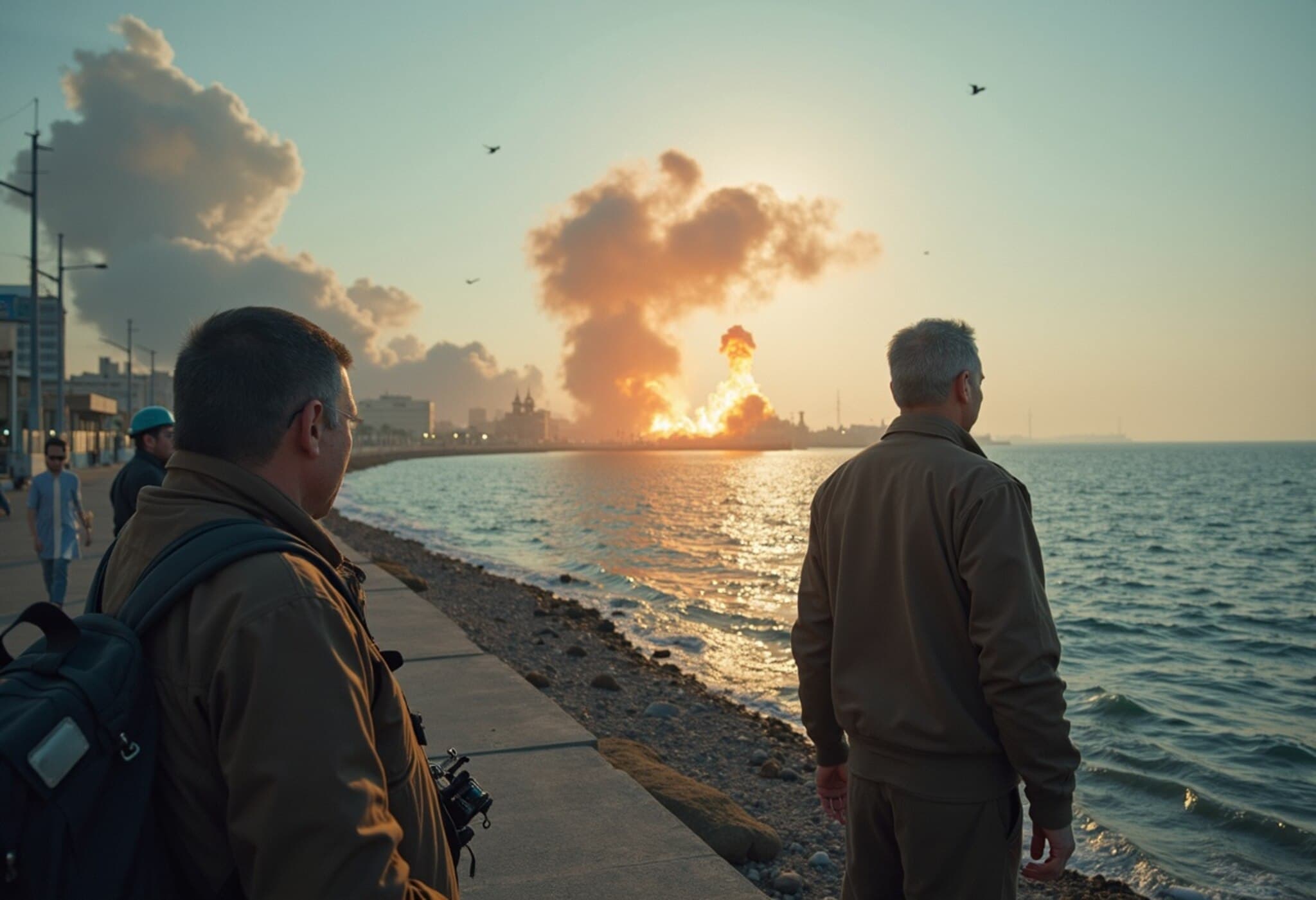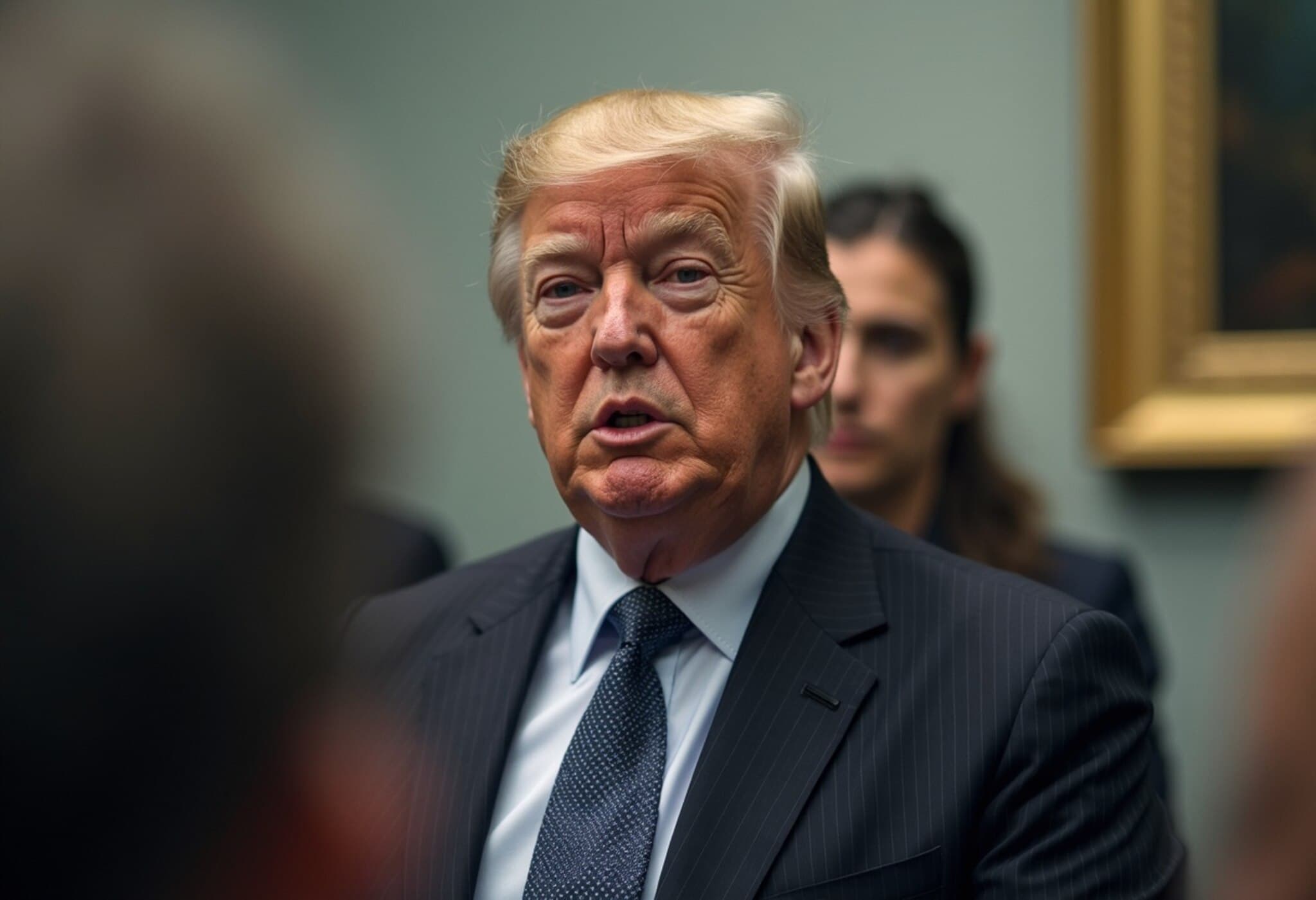US Strikes on Iranian Nuclear Sites Ignite Regional Tensions
On a tense Sunday, the United States launched coordinated strikes against key Iranian nuclear facilities, marking a dramatic escalation in the already strained relations between Washington and Tehran. The attacks targeted Iran's Fordo, Natanz, and Isfahan nuclear sites using B-2 bombers and submarine-launched Tomahawk missiles, reportedly obliterating the facilities.
Iran’s Strong Response: Diplomacy Declared Dead
Iran's Foreign Minister Abbas Araghchi vehemently condemned the overnight strikes, describing them as a violation of "the most dangerous red line" and stating that "there is no red line left that the US hasn’t crossed." Speaking from Istanbul, Araghchi warned that diplomacy is no longer an option, placing full responsibility on the US for the unfolding consequences.
"The door to diplomacy should always be open, but this is not the case right now," he emphasized, signaling a stark shift in Tehran's stance following the assault on its nuclear infrastructure.
International Reactions and Regional Fallout
The immediate aftermath saw Iran retaliate by launching approximately 40 missiles targeting Israel, resulting in over 80 injuries and damage to multiple buildings. Israel responded swiftly with air strikes on several military targets across western Iran and has since maintained a heightened state of military readiness, anticipating a prolonged conflict.
On the global front, leaders expressed deep concern over the escalating violence. The United Nations Secretary-General António Guterres called the situation a "dangerous escalation," cautioning against the growing threat of a catastrophic war in the Middle East.
US and Israeli Leaders Defend the Strikes
US President Donald Trump described the military action as a "historic moment," asserting the necessity of dismantling Iran’s nuclear ambitions — a concern long voiced by both the United States and Israel. Trump sternly warned Tehran of the grave consequences ahead, stating, "There will either be peace or there will be tragedy for Iran."
Israel’s President Isaac Herzog expressed gratitude towards the US president, framing the strikes as a clear divide between those pursuing terror and those fighting for hope. Prime Minister Benjamin Netanyahu echoed this sentiment, labeling the operation as "bold" and "historic."
Iran’s Nuclear Program Remains Defiant
Despite confirming damage to the nuclear sites, Iran's Atomic Energy Organization insisted that the nuclear program will continue unabated. The International Atomic Energy Agency (IAEA) reported no signs of radiation leakage and plans to maintain close monitoring of the affected sites.
The Iranian foreign ministry has condemned the US strikes as an act of aggression and "betrayal of diplomacy," vowing to respond with full force.
What Lies Ahead?
This latest round of military action and retaliations underscores a dangerous spiral of escalation, raising fears of a broader conflict that could engulf the region. With diplomacy effectively sidelined, the coming days will be critical in determining whether cooler heads prevail or tensions erupt further.










